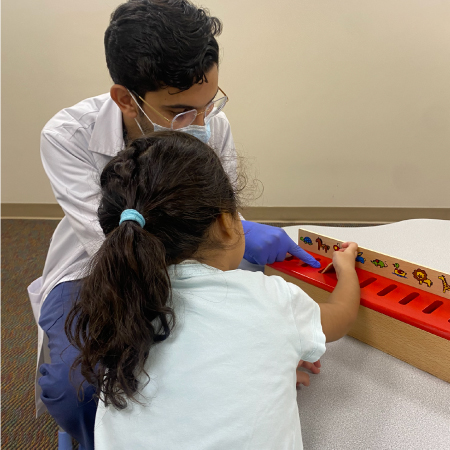
News & Events

Effective Medication Depends on Efficient Communications
By Sainul A. Parakkal, Rita J. Jabbour and Zakariya H. Dobayan
Pharmacists worldwide play an essential role in the health of the individuals in the communities they serve. Their specialization is the medications prescribed by your physician.
Collecting your medication from the pharmacist is not just a medication transaction but an opportunity to enhance your understanding of the medication and better care for your health. Taking an active role in this process leads to better management of your medications and the best possible health outcomes. This article provides some tips to help you get the most from your pharmacy visit.
Read & understand your prescription
Before visiting the pharmacy, take the time to read and understand the prescription provided by your doctor. Familiarize yourself with the name of the medication, dosage instructions, and other details. Doing that enables you to ask questions that can impact your health.
Communication is key
Pharmacists are knowledgeable professionals who can provide valuable insight and answer your questions regarding the medications you have been prescribed. When you talk to the pharmacist, have an open, honest, and transparent conversation. Share relevant information about your medical history, allergies, or other medications you are currently taking. This information helps the pharmacist ensure the prescribed medicine is safe and appropriate for you. Do not hesitate to ask questions about your medication; thoroughly understanding your prescription empowers you to take it correctly and manage any potential concerns effectively.
Labeling and packaging
Before opening your prescription packaging, the first thing to do is read the labeling and any accompanying information. Trustworthy medications should have a clear, readable label that includes the name of the drug, dosage strength, active ingredients, expiration date, storage instructions, and any warnings or precautions specific to the medication. Furthermore, any patient information accompanying your prescription provides valuable information about that medication.
Know the brand and generic name (active ingredient) of your medication
It is essential to be familiar with your medication's brand and generic name. Medications are commonly known by their brand names, which the manufacturer chooses. The generic term, however, refers to the active ingredient, which is the same regardless of the manufacturer. For example, depending on the manufacturer, a medication containing the active ingredient "atorvastatin" may be marketed under different brand names, such as Lipitor or Lorvast. Awareness of the brand and generic names can help ensure that you take the correct medication. If you are not sure, consult your doctor or pharmacist.
Medication counseling
Take advantage of the medication counseling services offered by pharmacists. In these sessions, the pharmacist provides personalized information regarding your medication, including its purpose, when, how, and what to expect. They can also offer advice on potential lifestyle adjustments, strategies to help you take your medication as prescribed, and ways to store it correctly.
Knowing your medication
Understanding the purpose of your medication is essential. Ask your pharmacist about the intended benefits and goals of your treatment. Knowing the medication targets and the expected outcomes helps you track your progress and communicate effectively with your doctor the next time you visit.
Understand proper dosage & administration
It is crucial to understand your medication's dosage and administration instructions fully. Your pharmacist can clarify the instructions, including the best time to take your medications and whether to take them with food, and answer all your questions. Knowing how to handle your medication properly maximizes its effectiveness.
Discuss potential drug interactions
If you are taking other medications, whether they are prescribed, over-the-counter, or herbal, it is essential to discuss the possibility of drug interactions with your pharmacist. The pharmacist can assess your medications' compatibility and identify potential risks. By proactively addressing drug interactions, you minimize the chances of adverse interactions and optimize the safety and effectiveness of your treatment.
Recognize potential side effects.
Knowing the possible side effects of the medications you take is essential. Your pharmacist can provide you with the most common ones to watch out for and, if you develop any, when you should seek medical attention. Awareness of your body and possible side effects helps minimize and manage unintended consequences and ensures your safety.
Adherence and compliance
Discuss ways to ensure that you fully and adequately follow your medication schedule. Your pharmacist can provide you with strategies you can follow to maintain a consistent medication routine. The pharmacist can also help you with ways to set reminders and overcome any problems you may face. Sticking to your medication routine throughout the prescription is vital for the best health outcome.
Keep track of refills and expiration dates
Know the number of refills available for your medication and when they expire. This information helps you plan and ensure you have an uninterrupted supply of medication. If your prescription is running low or nearing its expiry date, contact your doctor or pharmacist in advance to arrange for a refill.
In conclusion, receiving your medication from the pharmacist is an opportunity to participate actively in your healthcare journey. By familiarizing yourself with your prescription, engaging in open communication, asking questions, understanding the purpose and potential side effects of your medication, and prioritizing your medication routine, you optimize the benefits of your treatment.

World Breastfeeding Week
JHAH joins the World Alliance for Breastfeeding Action and the MOH in supporting World Breastfeeding Week

How to sleep better
A good night’s sleep can help repair damaged heart and blood vessels. We have simple tips to help you sleep better

The fight against breast cancer
The good, and bad news about breast cancer – and how to fight it
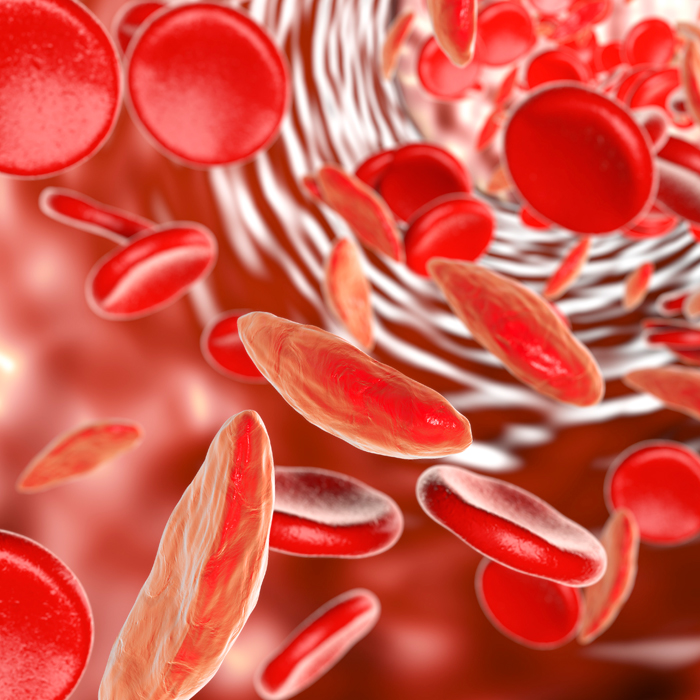
Tackling the pain of sickle cell
Find out how changes to how we manage the pain of sickle cell disease have led to a massive drop in emergency care and hospitalization

Immune System Boosting Meal Plans
A few ideas for a good nutrition program that can help strengthen your immune system

Tips to Strengthen your Immune System
There are many health and nutrition tips that can boost your immune system

Top Tips to Controlling Your Diabetes
The Kingdom is the second in the Middle East and the seventh globally in the rate of Type 2 diabetes, find out how you can take control of your diabetes and lead a healthy life
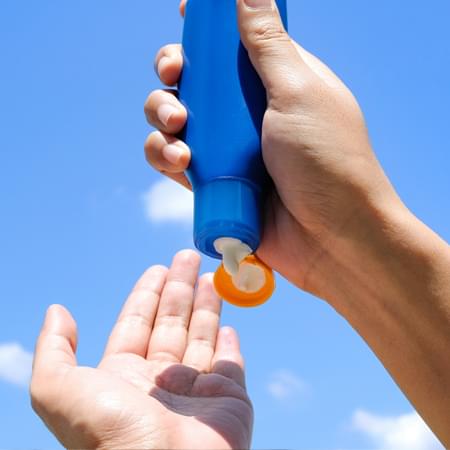
Protect Yourself from Sun Exposure
Health issues related to sun exposure and how you can protect yourself

Nutritional Values of Fruits in Summer Season
Include fruits in your daily menu, in whichever way you like, and stay healthy

Survive a heart attack when alone
Heart attacks often occur when people are alone. Knowing what to do when heart attack symptoms come on can save your life

Obesity Preventive Tips
Encouraging people who suffer from obesity to take part in safe solutions to weight loss, lifestyle change, and weight maintenance

Staying cool and healthy during the summer
We tend to forget that the sun’s shine and brightness can be quite harmful during the summer. Tips to stay healthy and cool during summer

Keratoconus diseases
Keratoconus is an eye disease that affects the Cornea, the clear transparent part of the eye. This disease causes progressive thinning and protrusion of the cornea giving it a conical shape.

Medication Safety Tips
No matter what type of medicine your doctor prescribes, it's always important to be safe and follow medication safety measures
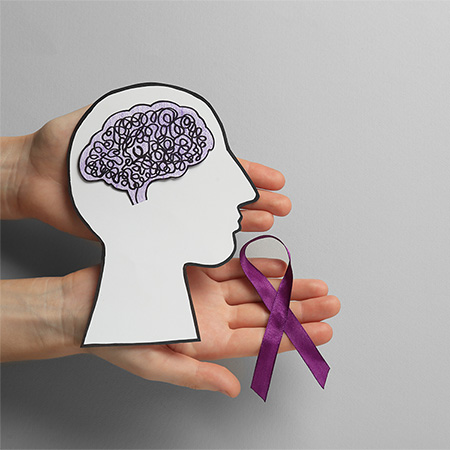
Alzheimer’s Disease
Learn about Alzheimer’s disease, it's symptoms, causes and risk factors, and what to do if you have Alzheimer's disease

Fight Breast Cancer Tips
Proper nutrition and exercise play important roles in reducing the risk of breast cancer

Antibiotics
Learn how to properly use antibiotics to avoid resistance and protect your health

From Prediabetes to Normal Blood Sugar
JHAH Tawazon Program works with pre-diabetic patients to help them modify their lifestyle to prevent or delay type 2 diabetes

Make the most of your Pharmacy Visit
Here are a few essential points to discuss with your pharmacist to better understand your medication to ensure your wellbeing.

The Four Cs of Food Safety
Four simple and practical guidelines that will help you to keep safe from food-borne diseases in your kitchen

Save lives, donate blood
Read our expert advice on blood donation guidelines and how you can play a role in saving lives
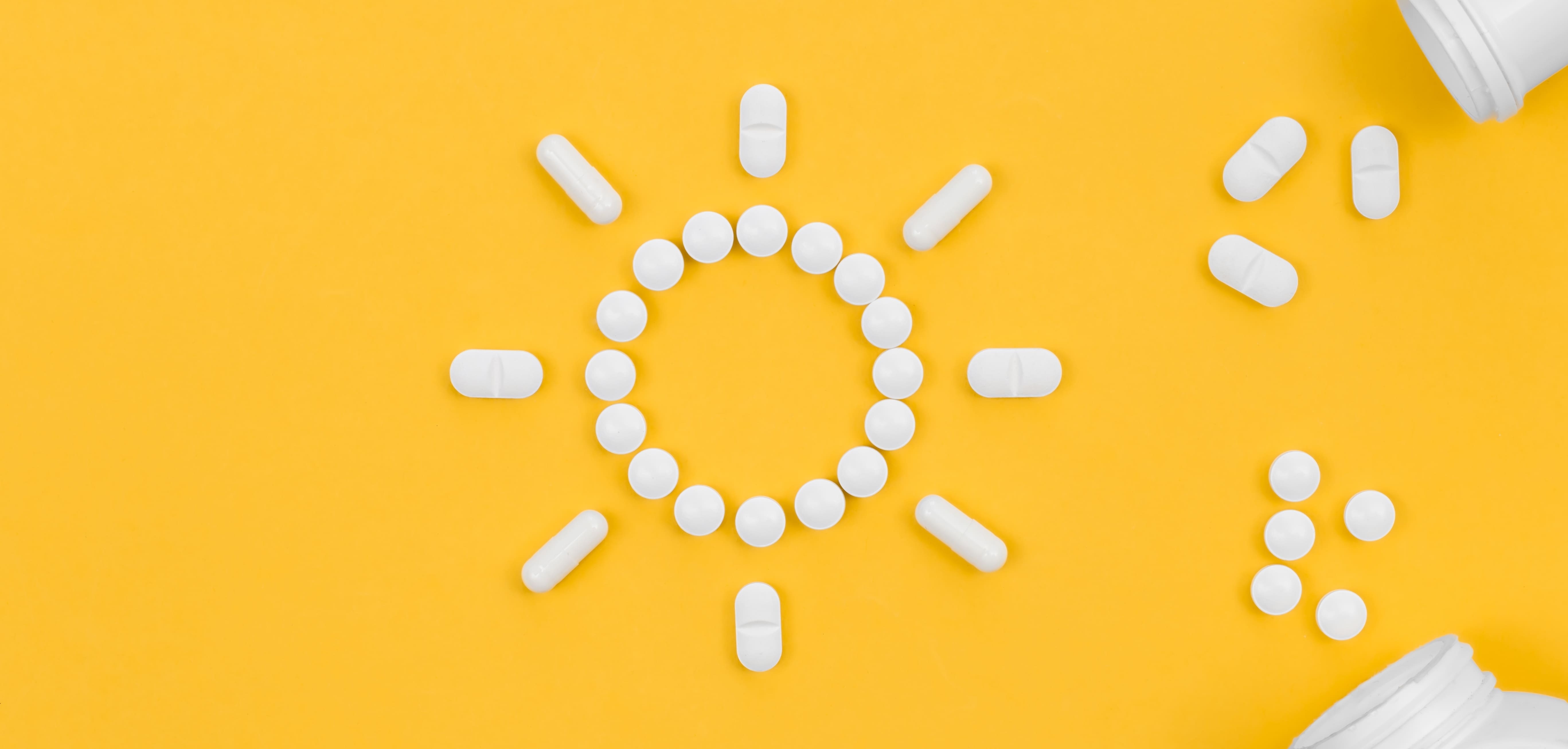
Essential Tips to Safeguard Medications in Summer
Protect your medications against the heat of summer with a few simple tips

Importance of Consuming a Healthy Breakfast
Start your day with nutritious foods to boost your energy and metabolism levels

Tips for Healthier Sweets
JHAH Clinical Nutrition and Food Services Unit is here to help you make your sweets healthier, lighter and heart friendly

Asthma Inhaler Essentials: Techniques for Effective Use
Important techniques to ensure effective delivery of medications to the lungs

Recognizing Dehydration When Spending Time Indoors
Signs of dehydration indoors, symptoms to watch, and tips to stay hydrated even without thirst.
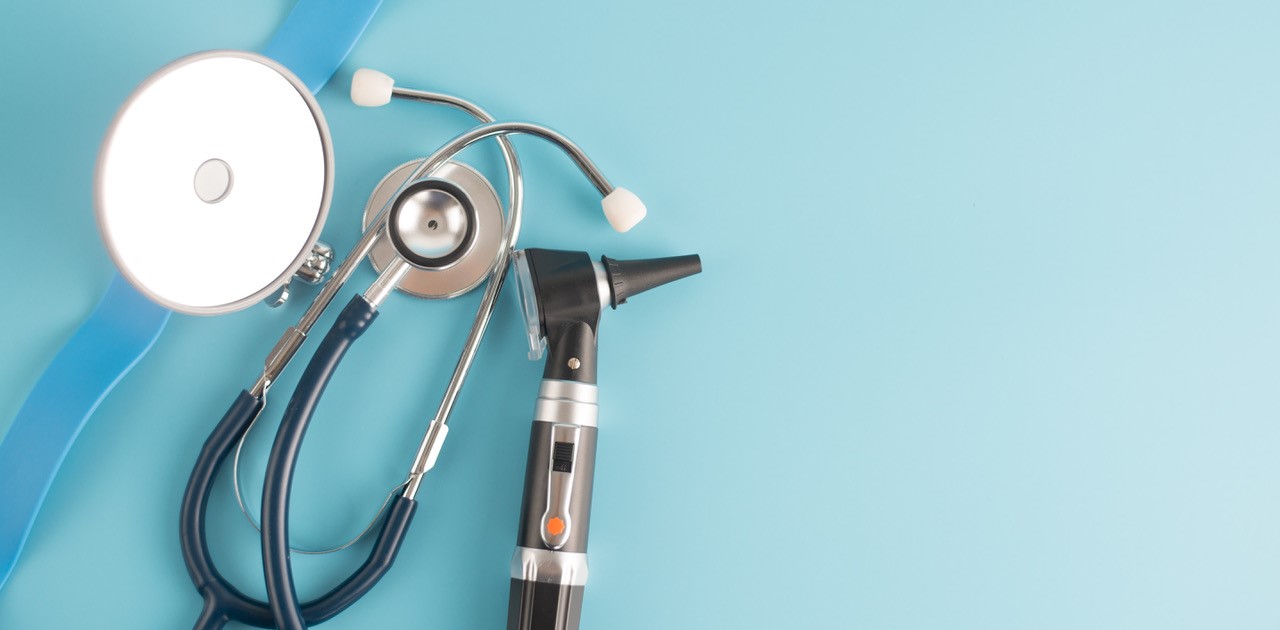
Al-Hasa Health Center Performs First Triple ENT Surgery
Three ENT surgeries significantly improve the breathing of a 21-year-old patient.
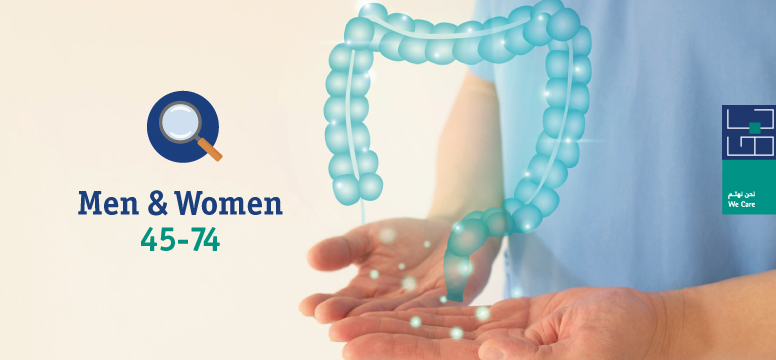
Colon Cancer Screening: A Crucial Step for Your Health
Colon cancer screening can detect the disease in its early and treatable stages

Adapting to Heat: Skin Care Tips
Scientifically backed tips to keep your skin in top condition.

Skin Care for Healthy Skin
Enjoy being outdoors while keeping your skin healthy, protected and radiant

Winter Wellness
Discover key tips to prevent infections this flu season and effective home remedies to manage cold symptoms.

The Importance of Vitamin D in Human Life
Explore the vital role of vitamin D in health and learn how to maintain adequate levels through diet and sunlight.

Breast Cancer: Know It, to Beat It
Explore essential insights on breast cancer, its risks, symptoms, and treatment options.

International COPD Day
Join us for International Chronic Obstructive Pulmonary Disease Day as we raise awareness and clear misconceptions.

Fall Prevention Tips
Explore the risks of falling and learn key effective prevention strategies.

Fight Anemia and Power up with Iron Rich Food
Iron deficiency anemia, its causes, symptoms and effective dietary strategies.

The Art of Pillow Selection
Discover the importance of selecting the right pillow for alleviating neck and shoulder pain and enhancing sleep quality.

Infection Prevention and Control Guidelines
Discover essential practices for reducing infection risks. Stay informed and protect your health and the health of others

Tips to Maintain Eye Health at Work
Relieve eye strain and improve focus with the 20-20-20 rule and other tips

Internet Safety Tips for Kids in Cyberspace
Help children stay safe online by teaching privacy, secure settings, and cyberbullying awareness

Your Health in Cold Weather
Boost immunity and well-being this winter with healthy habits, exercise, hydration and sleep

Heart Disease: Risks and Prevention
Raise awareness for heart disease prevention through healthy habits, diet, and stress management

Strengthening children's muscles
Explore how children's exercise programs focus on neurological adaptation and muscle learning rather than muscle size alone

Should I take a collagen supplement?
Learn about collagen, its role in your body, and how diet and lifestyle impact its production

Managing Anxiety and Winter Depression
Tips for coping with seasonal challenges to boost your mood and wellbeing

Social Media & Gaming Addiction: Warning Signs, Risks, and How to Take Control
Hooked on social media or gaming? Learn how constant screen time could be harming your health and what you can do about it.

Importance of Vitamin D in Human Life: Key Aspects and Insights
Discover how Vitamin D plays a vital role in your health—from boosting immunity and mood to strengthening bones and supporting heart function.

Invisalign Clear Aligner Orthodontic Treatment
Looking for a discreet way to straighten your teeth? Invisalign clear aligners at JHAH offer a comfortable, effective, and nearly invisible alternative to braces.
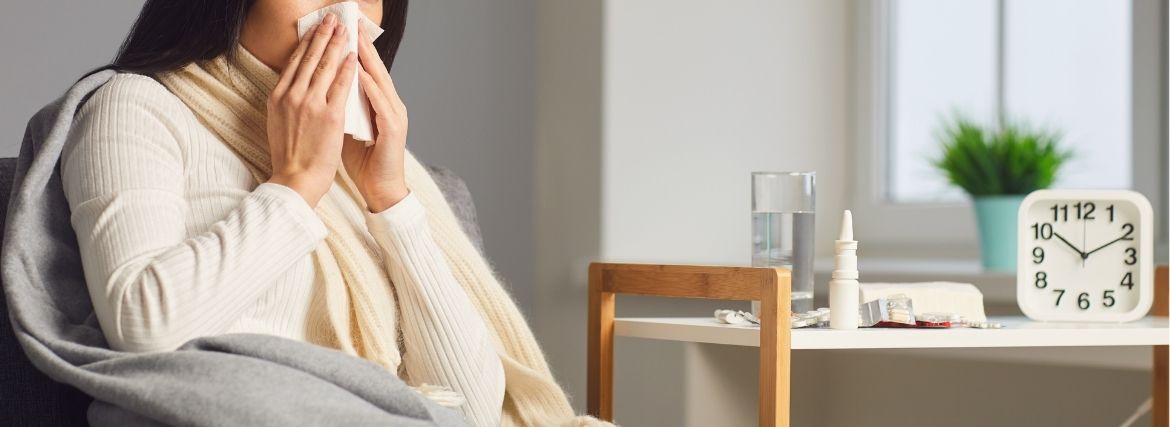
Minor Illness Management
Feeling under the weather? Discover practical tips to care for yourself or your child at home when dealing with flu or stomach illness.
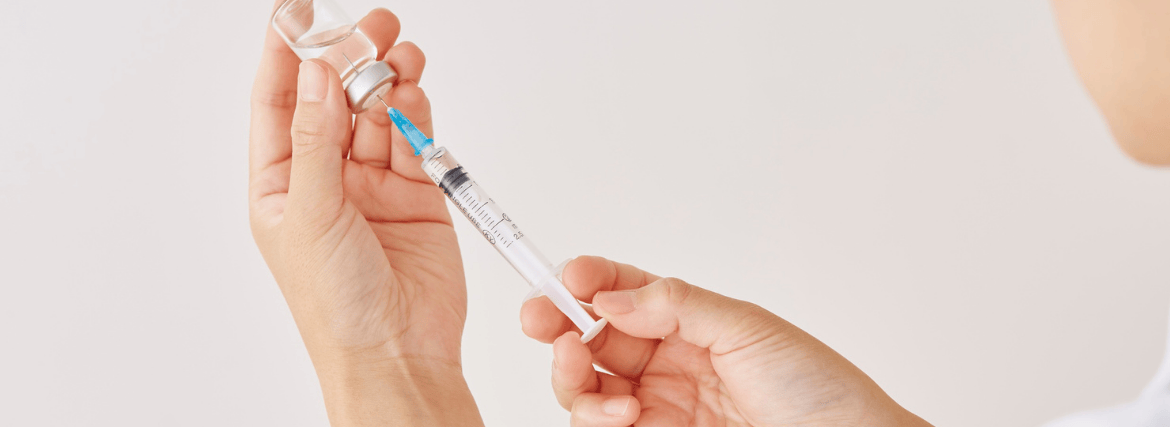
Immunization Issues
Vaccines, immunity-boosting tips, and hygiene habits that help you stay healthy and reduce the spread of seasonal viruses.
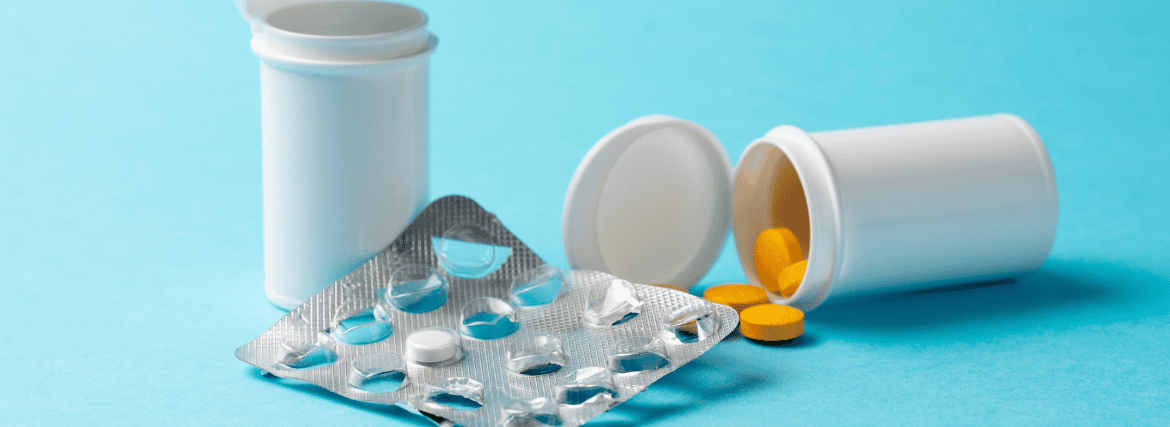
Using Opioid Medications Safely
Opioids can relieve pain—but only when used correctly. Discover essential safety tips and warning signs every patient and caregiver should know.

Why you should quit
Smoking harms nearly every body organ. The earlier you quit, the greater the health benefit. Learn how

Healthy and Fun Lunchbox Ideas for Kids
Give your kids the energy boosts they need with colorful, balanced lunchbox ideas that stay fresh until lunchtime.

Helping Children Adjust in the First Weeks of School
Starting school can be emotional for kids and parents. Learn simple ways to ease anxiety, build steady routines, and make the first weeks a positive experience

Working Together for a Healthy School Year: Hygiene Tips for Kids, Parents, and Teachers
Keeping kids healthy is a team effort. Explore fun, practical ways for parents and teachers to teach good hygiene, reduce sick days, and keep classrooms thriving

Protecting Children from Sun and Heat at School
Help your child stay cool and safe at school with easy sun protection, hydration tips, and guidance for healthy outdoor play

School Bus Safety Practices
Safe bus rides start with parents. Learn easy rules and reminders to keep kids safe, confident, and stress-free on every school journey

Study Tips for Kids: Reducing Stress and Boosting Confidence
Make homework stress-free with simple study routines, fun habits, and confidence hacks that keep kids motivated to learn.

School Bedtime Tips for Kids: Better Sleep, Better Learning
Make school mornings smoother with simple sleep tips that build healthy routines, calmer evenings, and better focus for kids.
